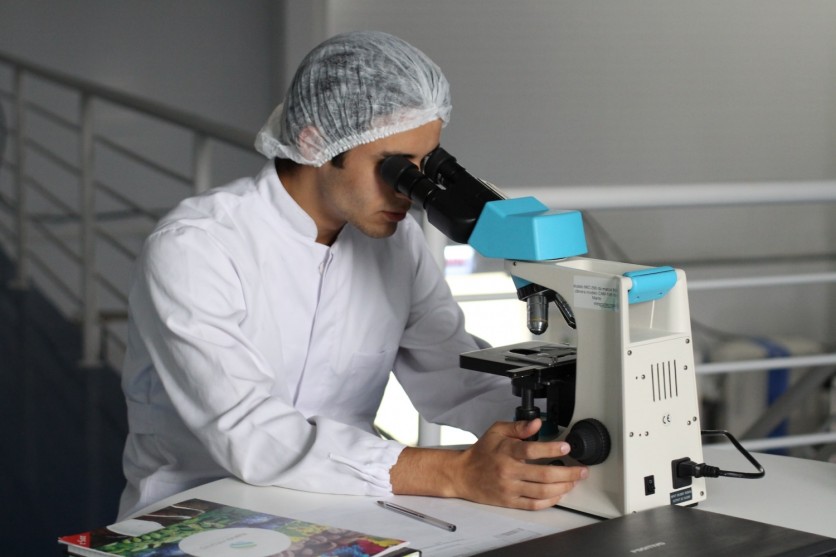In conjunction with the Department of Defense, Google has developed an AI-powered microscope for faster cancer diagnosis. The "Augmented Reality Microscope" (ARM) device externally resembles an ordinary microscope but with AI enhancements to its overlay visual indicators in real-time, helping discern specific findings of cancer cells or the like.
Technological upgrades or AI-based microscopes and other medical tools are helping doctors and other professionals classify samples and identify the presence of cancer cells or pathogens.

Google AI-Based 'Augmented Reality Microscope' for Cancer
Google has created a prototype of the Augmented Reality Microscope, a device that the company first teased in 2018, now incorporating artificial intelligence (AI) upgrades to the equipment.
It not only helps in classifying samples better but also helps in looking into the presence of cancer cells or pathogens. Google and the Department of Defense hope to apply it for future needs.
ARM-equipped microscopes can provide visual feedback, which includes text, arrows, heat maps, contours, or animations designed for each unique assessment goal.
According to Engadget, 13 prototypes from Google are already being tested before it is made available to clinicians. Google Health's efforts will enable ARM distribution through the military, hoping it could be available to some government users sometime this fall.
Google, Department of Defense's AI-Based Microscope
Machine learning powers this ARM, allowing the technology to be "retrofitted" into existing light microscopes, which most hospitals and clinics own.
According to reports, the Defense Department is partnering with companies to integrate cutting-edge technology to speed up diagnostics in military hospitals. Future ARM is expected to cost between $90,000 and $100,000.
Using AI for Health Technology
AI is powerful, and various indications from studies, research, and findings in the past only show how it can be applied to different fields and thrive.
Another AI-powered solution is also under development in the health tech sector, and this is coming from GE HealthCare, which recently announced that it received backing from the Bill & Melinda Gates Foundation for its AI-assisted ultrasounds.
What is good about AI in health tech is it is not disruptive, and many developments now do not put the weight of a person's life on the line for the machine.
Researchers and medical professionals co-develop AI to apply in helping various needs in the health industry, with one looking to combat infectious diseases in the global south via new applications.
AI's application to health technology is booming now as machine learning developments look to bring additional hands, eyes, and detection to doctors via new tools or equipment.
Google and the Defense Department's latest development centers on the Augmented Reality Microscope, an equipment capable of detecting cancer, hoping to stop the progression of the disease.

ⓒ 2025 TECHTIMES.com All rights reserved. Do not reproduce without permission.




